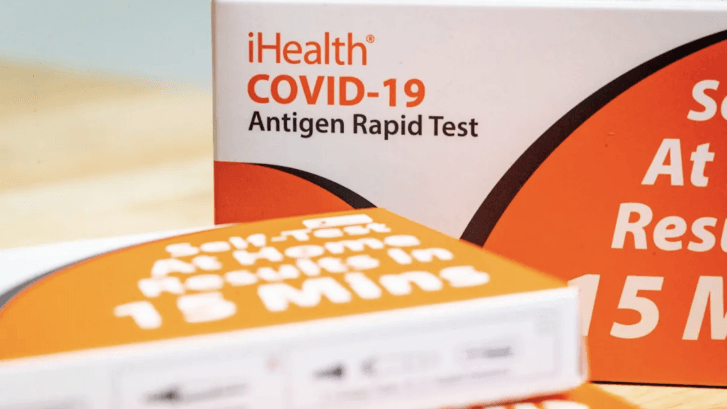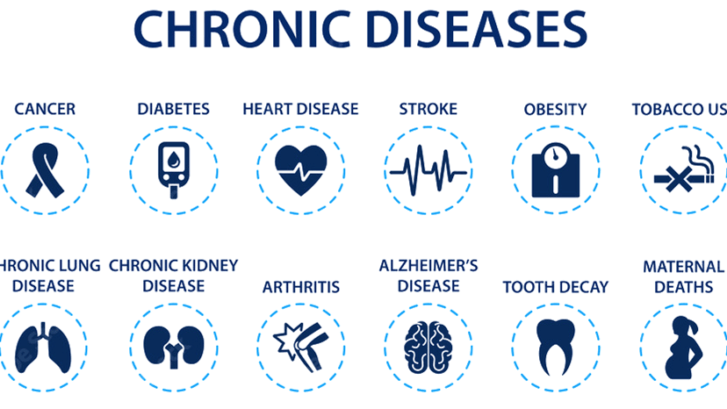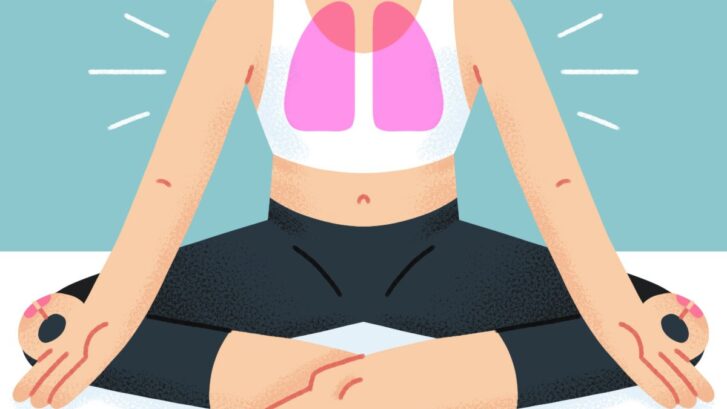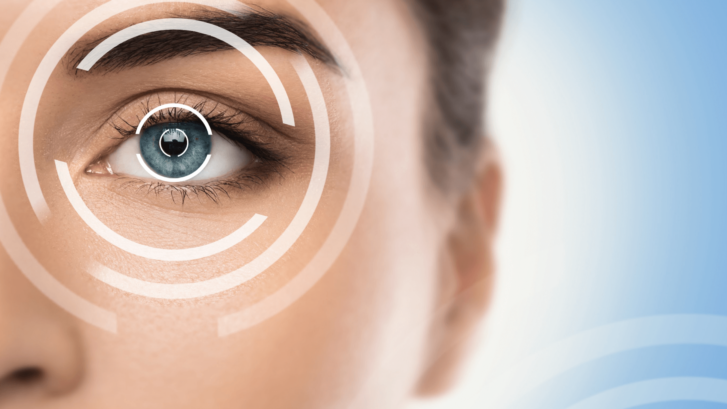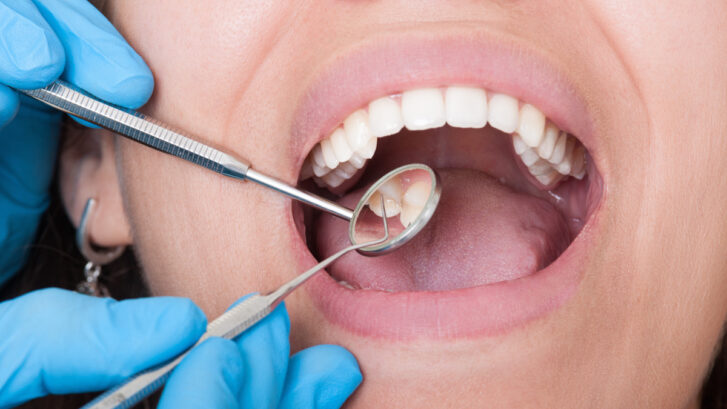COVID tests: When and Where to Order the Next Batch of Free Ones
With the winter months approaching and the memories of last year’s challenges still fresh, it’s heartening to see the Biden administration taking proactive measures to ensure Americans have access to at-home COVID-19 testing. Our primary care doctors want you to have the latest information. Here is everything you need to know.
More Funds for At-home Tests
In a recent announcement, the administration unveiled a $600 million plan aimed at boosting the production of these critical tests. This move will not only replenish federal stockpiles but also help circumvent the supply chain problems that led to shortages in the past. What’s more, these tests will be manufactured right here in the USA by twelve manufacturers scattered across seven states. This means hundreds of jobs and, most importantly, 200 million over-the-counter tests for Americans.
Where to Order?
For those wondering where to get these tests, the original COVIDTests.gov website will once again be your go-to place. Here, every household can order up to four free tests.
Availability Dates
Mark your calendar for September 25. Starting from this date, the tests can be ordered and will be shipped directly to your doorsteps for free, courtesy of the United States Postal Service.
Updated Vaccines: What You Need to Know
In addition to the at-home tests, there’s more good news on the vaccine front. Last week, the CDC gave its endorsement to new COVID-19 shots suitable for everyone aged 6 months and older.
For those looking for places to get vaccinated, the government’s vaccines.gov website will list available locations, including pharmacies, health centers, and some doctor’s offices. And while the list price of each shot hovers between $120 to $130, federal assurances mean that these shots will remain free for most Americans, whether through private insurance, Medicare, or Medicaid. The CDC is also collaborating with health departments, clinics, and some pharmacies to ensure that even the uninsured or underinsured get their shots free of charge.
Flu Shot and COVID-19 Vaccine: Together?
One of the most common questions is whether one can get the flu shot and the COVID-19 vaccine simultaneously. The answer is a resounding yes. According to the CDC, there’s no difference in effectiveness or side effects whether you get both vaccines together. If you do decide to go this route, consider getting one shot in each arm for comfort. Remember, it’s recommended that almost everyone aged 6 months and up gets their flu shot, ideally by the end of October.
In conclusion, as we prepare for the colder months, these proactive measures and clear guidelines will certainly help in ensuring the health and safety of all Americans. Stay safe and stay informed!

